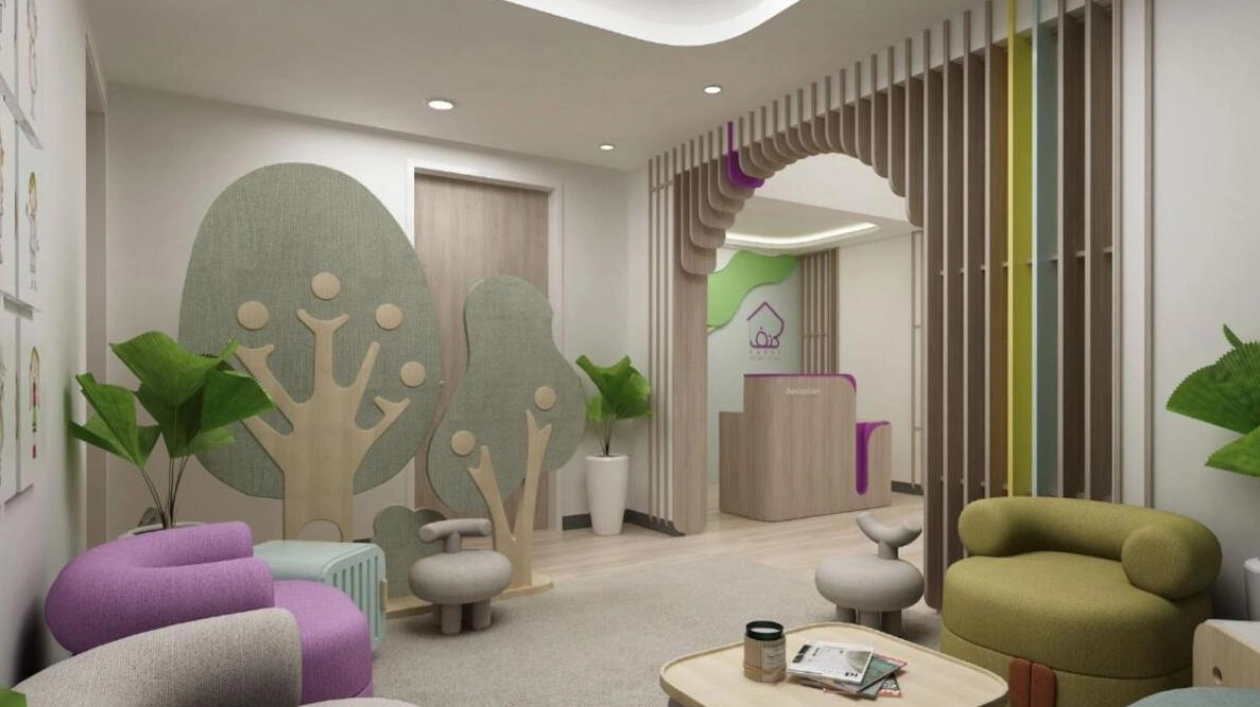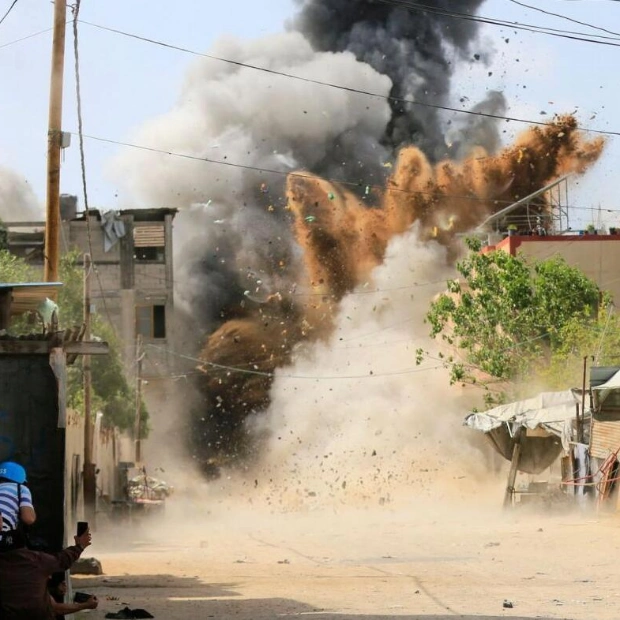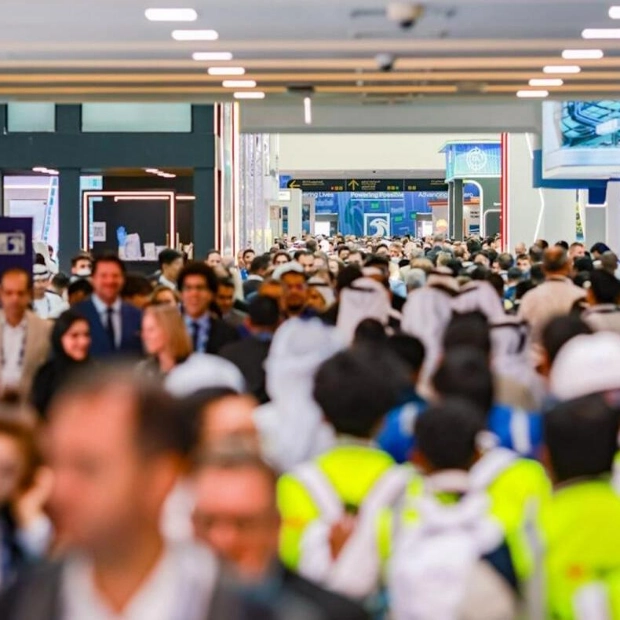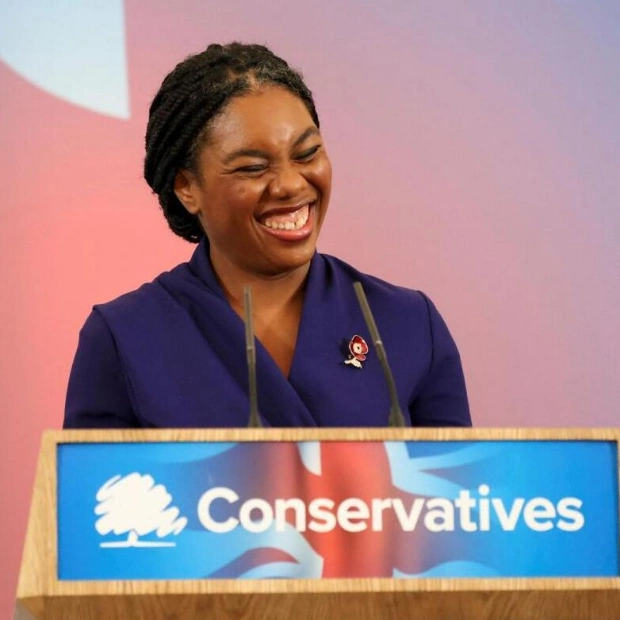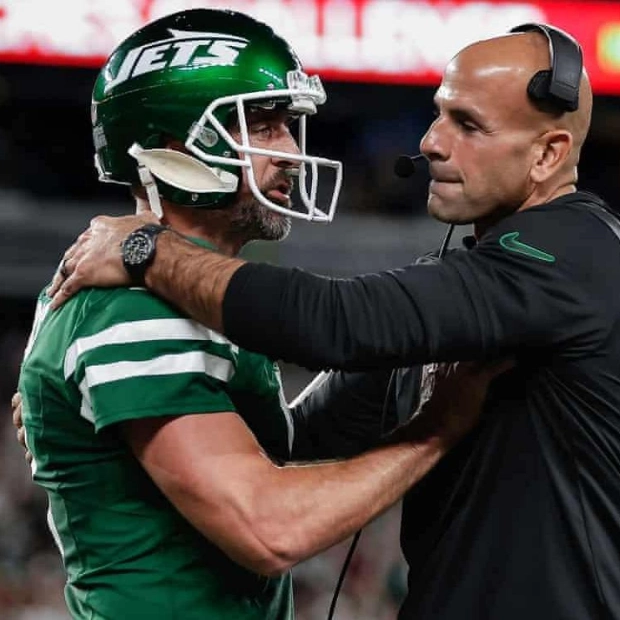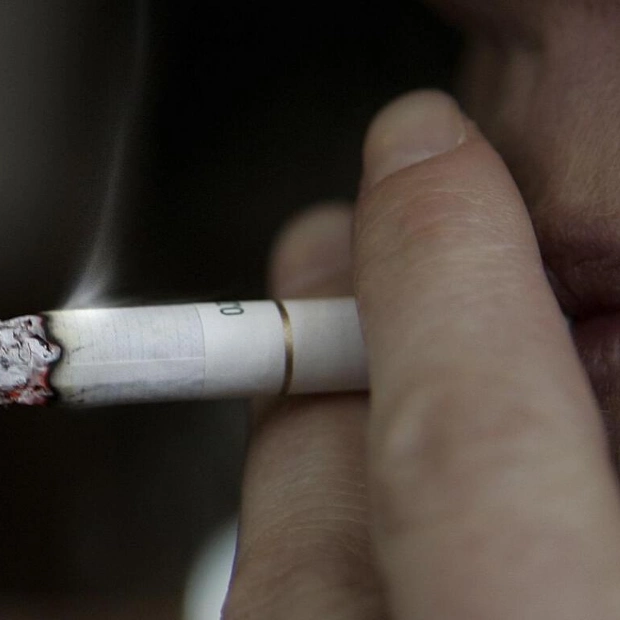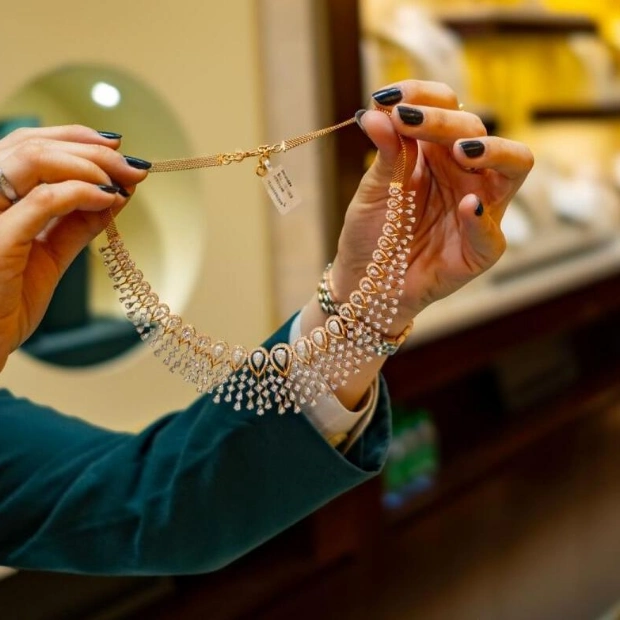Photos: Supplied
Kanaf, the pioneering child protection centre in the UAE, has made significant strides in supporting children and families since its inception. However, officials in Sharjah envision a future where such a centre is no longer needed. This future would be characterized by the eradication of harm and communities empowered with the knowledge and awareness to prevent abuse, as a senior official explained to Khaleej Times.
Hanadi Saleh Al Yafei, Head of Kanaf Centre Higher Committee and Director-General of the Child Safety Department, emphasized that Kanaf was established not based on the number of cases but on the commitment to safeguard every child’s right to safety and support. Even with just one case of abuse, whether physical or sexual, Kanaf would continue to operate.
The committee recently convened to discuss standardizing and enhancing safety campaigns across various entities, with a focus on using multiple languages, including Asian languages, to broaden outreach.
Kanaf was established last year to protect child victims of abuse and provide support to them and their families. The journey of establishing Kanaf has been marked by both challenges and a deep sense of purpose. Integrating Sharjah’s healthcare, legal, social, and educational partners into a unified response for child protection required extensive collaboration and commitment, according to Al Yafei.
The legal team at Kanaf is dedicated to advocating for children’s rights, working closely with Sharjah’s judicial and law enforcement agencies to support families throughout the judicial process with empathy and understanding.
The psychological team offers specialized care to help children process trauma in a supportive environment, aiming to restore their sense of safety. Social support services connect children with educational and community resources, enabling them to continue their development in a stable, reassuring setting.
Families, guardians, and caregivers can report cases via the Child Protection Hotline at 800700. This hotline connects to the Sharjah Social Services Department, which partners closely with Kanaf to initiate a network of support and assess the case to determine the appropriate next steps.
Kanaf has united key Sharjah organizations and departments under one roof that oversee and provide services for child abuse cases. These include the public prosecution, courts, police, social services department, Forensic Medicine Department at the Ministry of Justice, Al Qassimi Women's and Children's Hospital, Department of Family Development Centres, Child Protection Unit at Emirates Schools Establishment, and Family Development Department.
Each partner plays a unique and crucial role in ensuring the success of Kanaf, working collaboratively to provide comprehensive protection and support for child victims of physical and sexual abuse. The Higher Committee plays a crucial role in overseeing Kanaf's implementation and ensuring it adheres to the highest standards in child protection, according to Al Yafei.
Kanaf operates with a structured six-stage approach. First, a case of abuse must be reported to the Sharjah Social Services Department on their Child Protection Hotline 800700. After listening to the account of abuse, the case is categorized as physical or sexual.
The second stage is known as 'joint assessment’, during which the social worker at Kanaf meets with relevant partners and holds the first case conference. A child interview involves assigning a representative from the Mental Health Unit to accompany the authorized person in hearing the child's account.
A medical examination involves the preparation of a report that includes the child's medical history and the results of a comprehensive physical examination. In the fifth stage, a legal case is filed after verifying all data, medical examination results, and information obtained during the child's interview. The Social Services Department appoints a legal representative for the child. The case file is then referred to the judiciary and closely monitored to ensure the child's virtual presence at court sessions, accompanied by the legal representative and a representative from the Mental Health Unit.
The sixth and final stage involves providing psychological and social therapy. This stage is guided by the child's mental health history, and a thorough evaluation of the potential impact of abuse. “A customized treatment plan is designed to address the needs of the victim and their family members. The plan includes therapeutic and rehabilitative programs based on best practices,” said Al Yafei.
The centre also has a follow-up program. “We continue to monitor each child’s progress through regular check-ins and support sessions, ensuring that our interventions have a lasting, positive impact.”
Source link: https://www.khaleejtimes.com
